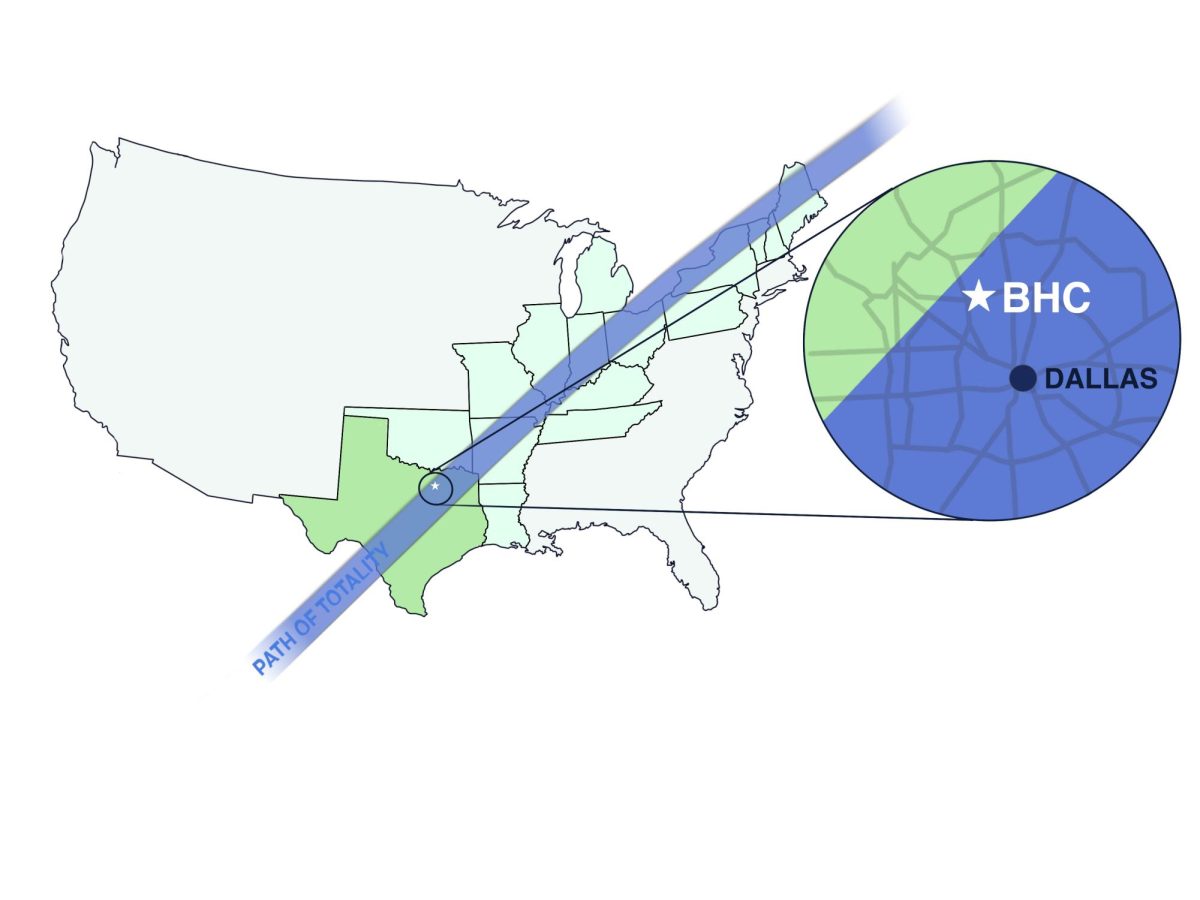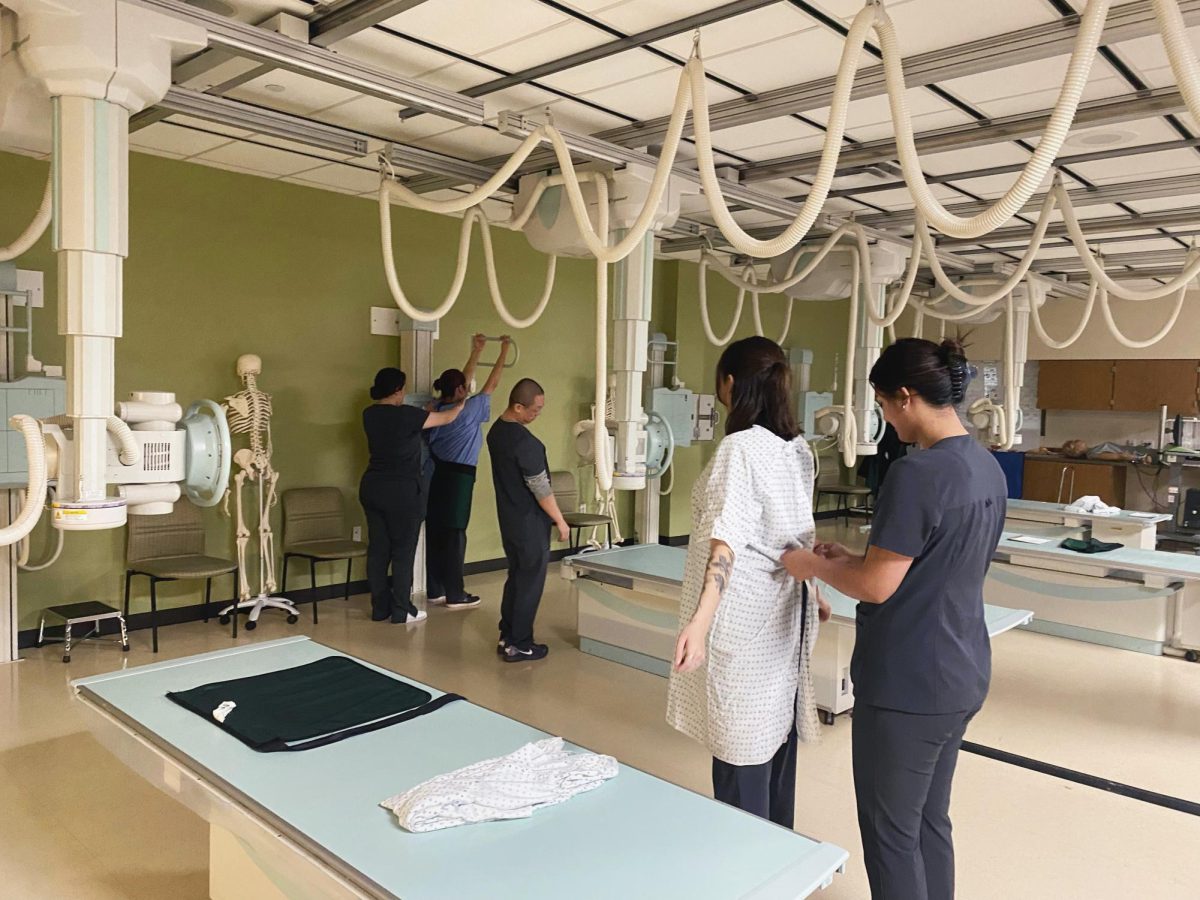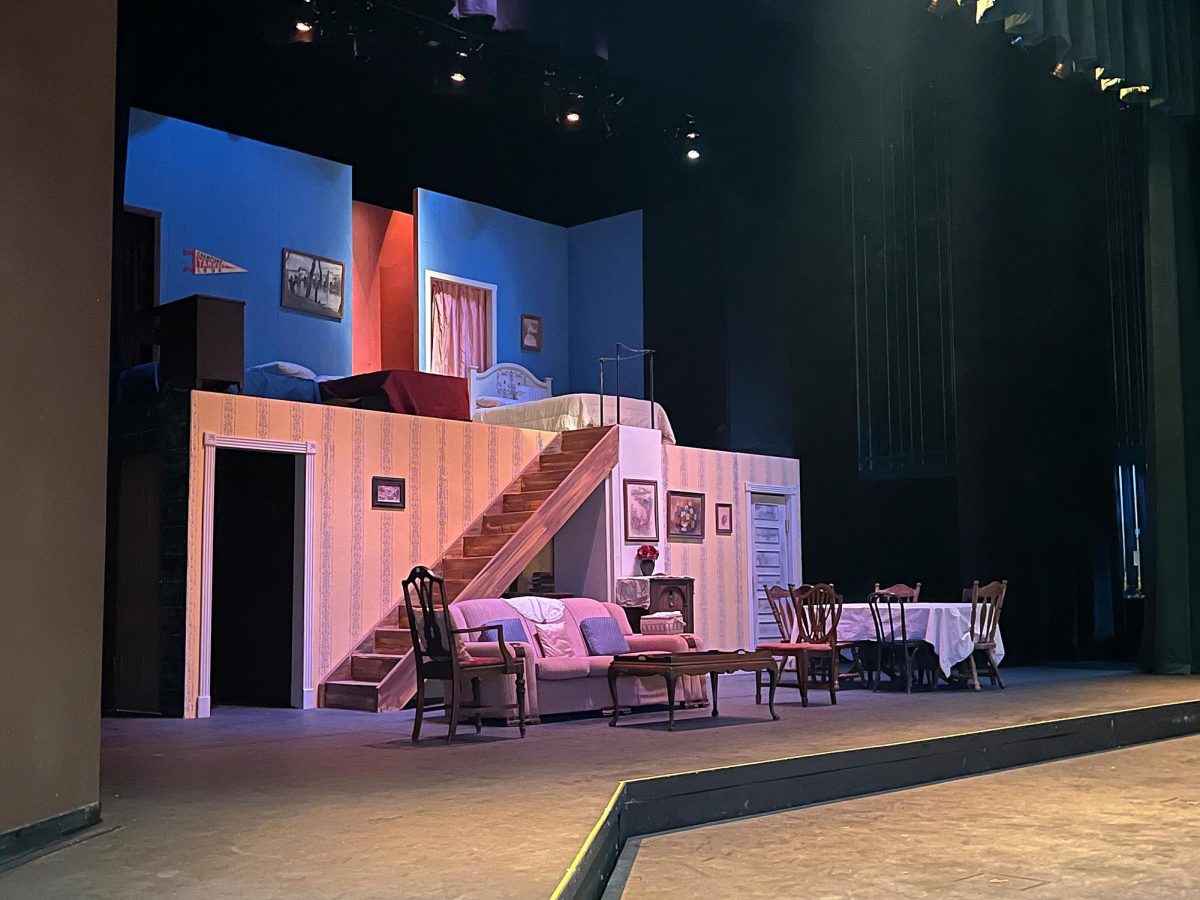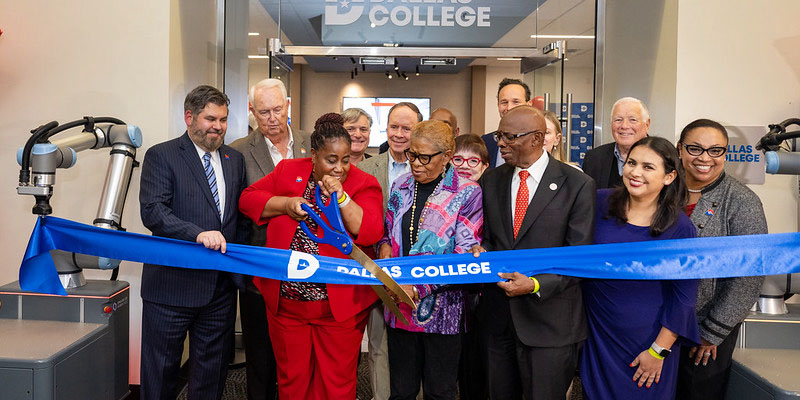The annual event brought together students, staff, faculty and more from across all of DCCCD, and covered a wide range of sustainability-related topics.
By Matthew Brown
Layout/Web Editor
Hundreds of people from all across the Dallas County Community College District and beyond descended on Eastfield College Nov. 8 to discuss the ways they, the Dallas community and other cities around the world are acting to cope with climate change and minimize the effects of society on the environment.
DIVERSE OFFERINGS
Attendees of DCCCD’s ninth annual sustainability summit chose from among 25 seminars, talks and workshops given by 28 speakers.
The various talks focused on techniques for living more environmentally friendly lives, teaching sustainability in lower education, promoting sustainability at large institutions, and the understanding the connections between sustainability and social equality.
The summit also included a curriculum workshop for college professors and several workshops for facilities managers.
Ian Garrett, an associate professor at York University in Toronto whose teaching and private practice focus on the role of sustainability in theater, mixed reality and theater production design, delivered the keynote.
His speech focused on ways art and design can be used to promote sustainability.
After the keynote, Denton restaurant owner Deval Patel said: “It is really hurtful for me when I see that after nine years, only 300 people attended this conference … Sustainability has to be a priority. It’s an emergency now. We cannot see these empty seats here.”
UNEQUAL EFEFCTS
Susan Alvarez, assistant director of the City of Dallas Office for Environmental Quality and Sustainability, gave two talks at the summit: one on the relationship between sustainability and economic inequality in Dallas and another on what Dallas city government has been doing to make itself and the rest of the city more environmentally friendly.
“Communities of color, elders, children [and] low-income communities are likely to be the least able to deal with climate change,” Alvarez said.
“They are also the most likely [to be] located in the floodplain, so they will be impacted.”
CARBON CREDITS
Alvarez also said the city of Dallas was considering implementing some form of urban carbon credit program.
According to CityLab, a carbon credit program is a program that allows individuals and companies to offset their carbon emissions by purchasing credits that fund programs such as planting new trees.
“One of the things we’re looking at is carbon credits, both within and external to the Trinity Forest,” Alvarez said.
“That’s important for two reasons: one, it protects the trees we have, because you have to have a management program for the areas that are in those carbon credit programs, and [two,] it provides by monetizing them.
“It protects them, and it gives you the money to do other things.”
According to CityLab, several urban carbon credit pilot programs are already being undertaken in Austin and Seattle.
SMART CITIES
Brandon Morton, director of sustainability at Brookhaven starting this semester, gave two talks.
In one of them, he explored some of the ways cities in North Texas and around the world are using technology to become more sustainable.
Morton said the smart city technologies attracting the most media attention are not always the most transformative ones, especially in developing countries.
As an example, he cited a program created to help decrease infant mortality rates in an Ethiopian community by keeping better care records for babies born prematurely.
“They implemented a clipboard and a checklist,” Morton said. “This is a literally stubby-pencil method of doing a smart city … but [it’s] implementing data that didn’t exist before,” he said.
Gerry Bartz, senior GIS lab coordinator at Brookhaven, also gave a talk. He outlined interactive digital curriculum designed to teach the U.N.’s Sustainable Development goals in a lower education setting.
Rory Etienne, a North Lake College general science student, said he had special interests in sustainability in medicine and in social justice. He said that the summit had helped him understand the impacts of sustainability policy on social justice issues.
Patel said, “It’s an emergency, because it’s not for you and me, it’s for the next generation.” He said that he had lived in three different countries, and that one of the few things that was the same everywhere was the love grandparents had for their grandchildren.
“The whole world loves their grandkids,” Patel said. If we don’t take more care of our planet, he said, “we are actually messing [things up] for our grandkids.”






